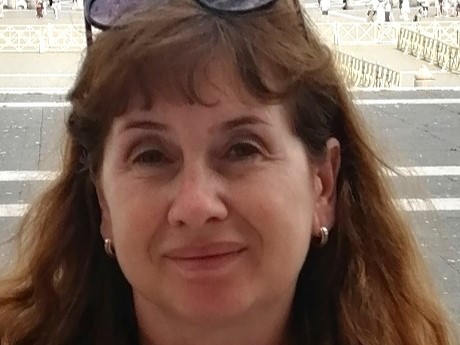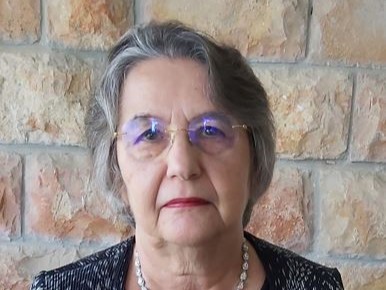1st International Egodocumental Network Conference
Vilnius University, Nicolaus Copernicus University in Toruń, the University of Lodz, and the Egodocumental Research Group (https://egodocuments.umk.pl) organise an international conference focusing on research, development, and changing perceptions of egodocuments in the twenty-first century. The conference aims to bring together scholars from different disciplines to share their insights and to encourage interdisciplinary studies of egodocuments.
The conference will also be the first meeting of the International Egodocumental Network established in December 2023 by the Egodocumental Research Group (Nicolaus Copernicus University in Toruń and the University of Lodz) to unite scholars from different disciplines working on egodocuments. It provides a platform for discussion, collaboration, and exchange of information between the participants, as well as online research seminars organized twice a year. In this dimension, our conference continues two editions of the Scientific Symposium "Egodocuments, Life-Writing and Autobiographical Texts..." organized at NCU in Toruń in 2022 and 2024.
Keynote speakers

Dr. Nataliia Voloshkova
Kazimierz Wielki University and Oxford Brookes University
Prof. Leona Toker
Hebrew University and Shalem Academic College
Prof. François-Joseph Ruggiu
Sorbonne Université, CNRS and Oxford University
Vilma Žaltauskaitė
Institute of Lithuanian History
Egodocumentary Aspect in the Researches of the 19th-Century Requests-Complaints
I will analyse the aspect of typologisation of egodocuments, the functioning of requests complaints in the cultural space of the 19th-century Lithuania, with special attention to the socio-cultural and political context of the Catholic Church. The aim of the presentation is to highlight the egodocumentary aspect of the very specific group of historical sources – the requests-complaints written by the Roman Catholic clergy.
The presentation will also cover those requests-complaints that were written about the activities of the clergy in the 19th-century Lithuanian dioceses (i.e., Vilnius and Samogitian (Telšiai) dioceses).
I will analyse the representativeness of these sources in the context of the 19th-century Lithuanian culture. In the case studies, I will highlight aspects of the confessional identity and religious practices as well as their relationship to the modernisation processes in society and in the Roman Catholic Church of that time.










